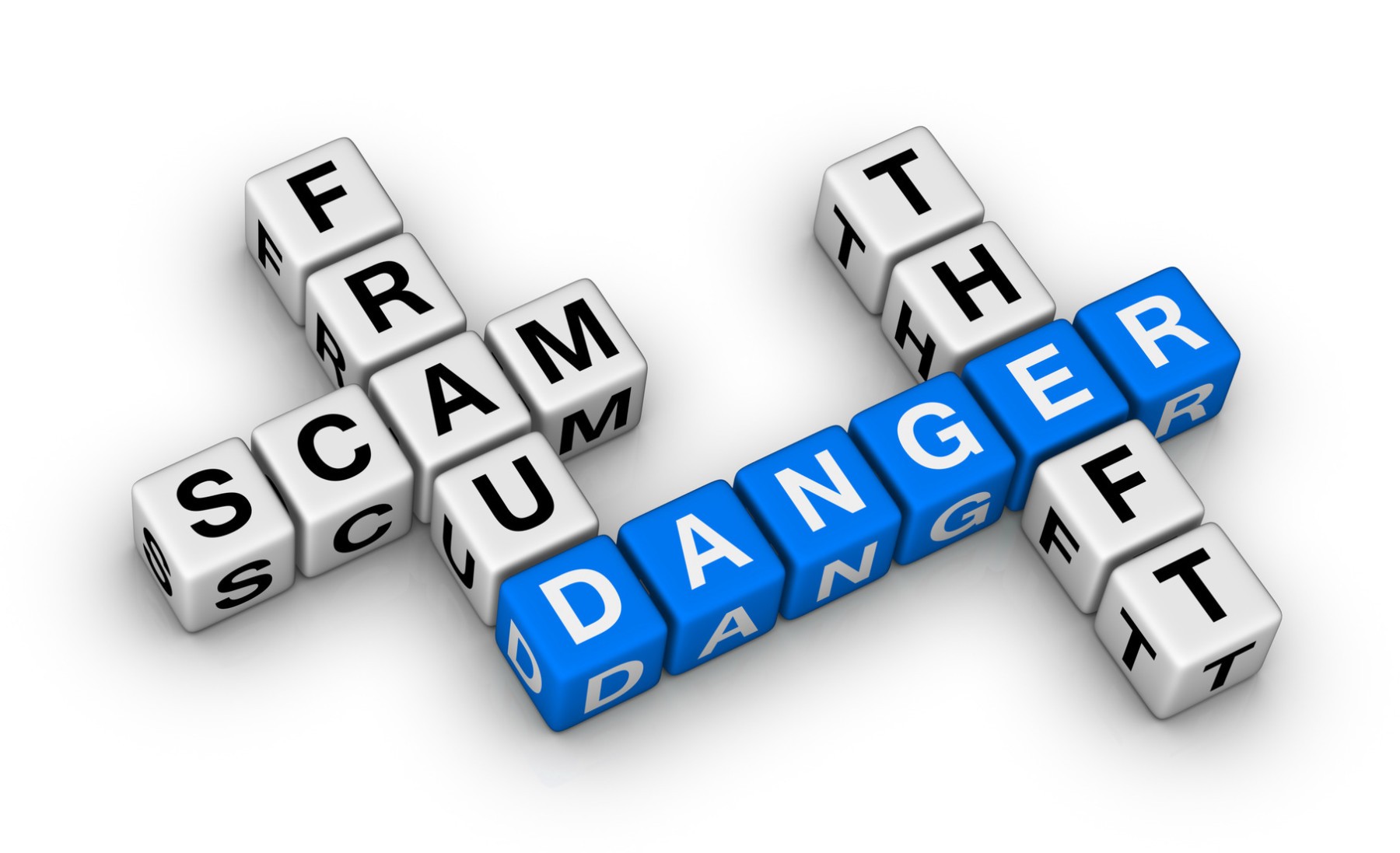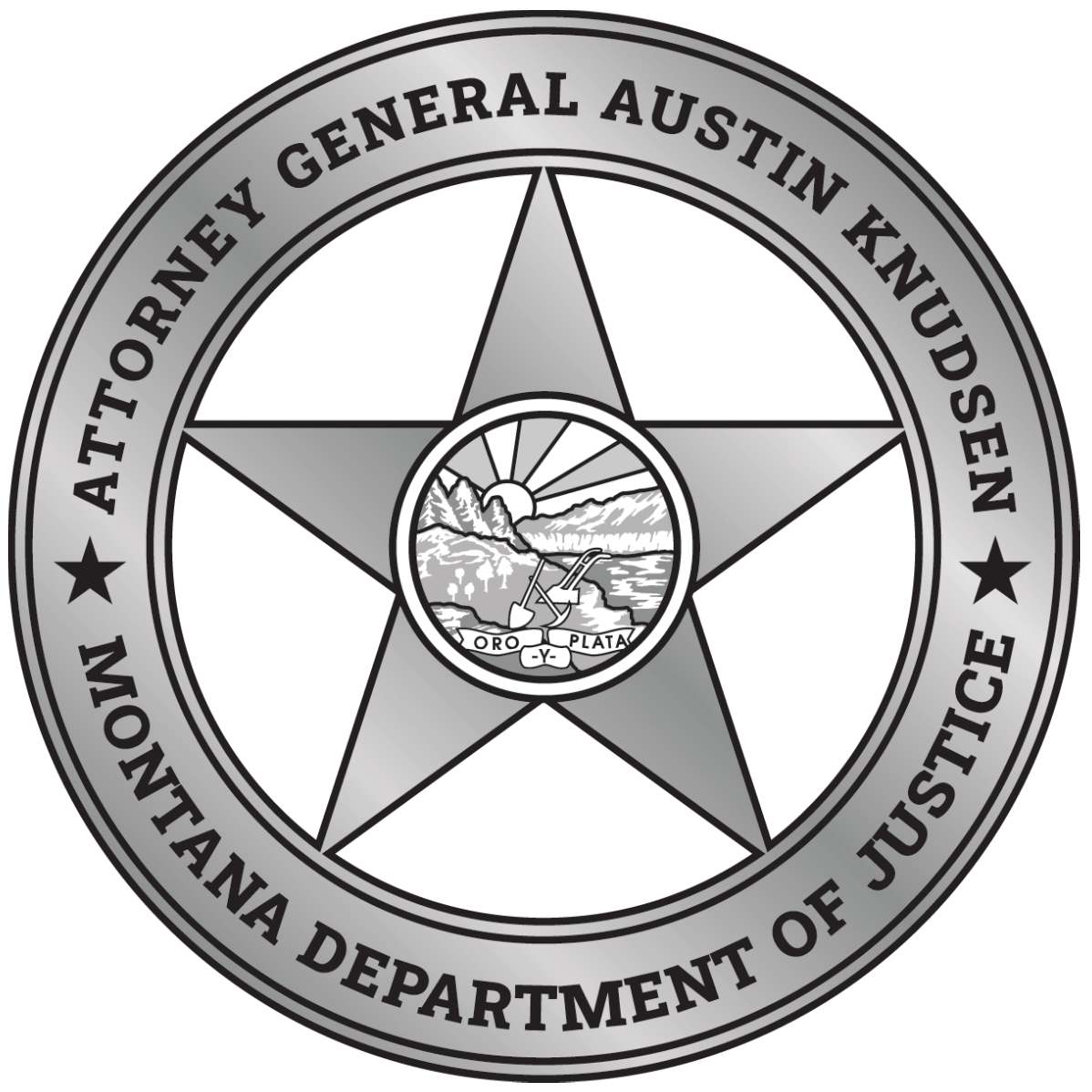
COMMON SCAMS – phone calls, e-mails and mail
Fake check scam
You sell something over the Internet and the “buyer” sends you a check in excess of the amount that is owed. The “buyer” contacts you and tells you the excess is for the shipper. You are asked to send “the shipper” a check to make up the difference.
Perhaps, the check sent by the buyer is initially honored by the bank, because it is drawn on a real account. However, the “buyer” who made out the check forged the real account holder’s signature. Because the check is forged, you will not receive any money. However, your check to the scammer/shipper is good and s/he will receive your money.
Government grant scam call
The caller tells you that you qualify for a government grant. You can do anything with the money. The caller tells you that in order to receive the grant money, you have to complete an application form. That form requests personal information, including your credit card account numbers.
If fact, you receive nothing from the government. Instead, the caller uses your credit card number to make a purchase.
Grandparent scam call (also known as Relative-in-Need scam)
The caller calls you and tells you that s/he is your grandchild. (The caller has done some homework and learned your grandchild’s name. Also, scammers are good at gathering information from the call.) The caller tells you s/he is in trouble. Perhaps the caller tells you that s/he is traveling abroad and is in jail. Money is needed to pay a fine or an attorney in order to get out of jail. The caller urges you not to tell anyone about it. You are to send the money by wire.
If fact, your grandchild is not in trouble. But, your money is gone.
IRS scam call
The caller represents that s/he is an IRS agent and that you owe some taxes. The caller indicates that you can wire the money or you will be arrested.
In fact, the caller is not with the IRS. The money is going to the scammer.
If you believe you have been a victim of an IRS Impersonation Scam, the Treasury Inspector General for Tax Administration (TIGTA), whose office provides independent oversight of IRS activities, has an online form to complete to report these scams. TIGTA uses this information to attempt to shut down the scammers. If you receive a call from someone claiming to be with the IRS, consider filling out the IRS Impersonation Scam Reporting form. Otherwise, ignore the call. Do not return the scammer’s voicemail.
IRS scam mailer
Some outfits send letters to taxpayers that appear to be official IRS documents warning citizens that the federal government has attached a lien on their home or levied other kinds of fines for failing to pay taxes. In small print, these documents disclose that the sender is not the IRS, but an entity that can help you deal with the IRS. These mailers are misleading and fail to inform taxpayers that free, local help is available (see next section) in many Montana communities for taxpayers with questions.
IRS scam e-mail
Scam artists use tax season to phish for all sorts of personal information, including social security numbers, bank account numbers, pin numbers, names, birthdates, and other valuable information. These e-mails are often convincingly realistic, with government seals and intimidating language. The actual IRS does not solicit your personal information through e-mail. The IRS does, however, offer Taxpayer Assistance Centers in every state, including six in Montana. A complete list is available here. In addition, the IRS certifies volunteers throughout the state and nation who can also assist with tax preparation for low to moderate income taxpayers – generally taxpayers with an income below $49,000. These Volunteer Income Tax Assistance Sites, or VITA sites, are located throughout Montana, including in many rural communities not served by other IRS programs. A complete list is here. Montana VITA sites can be found in Libby, Lame Deer and points in between.
Lottery/Sweepstakes scam call
The caller tells you that you’ve won the sweepstakes or the lottery. Near the end of the call, you are told that you have to pay some taxes or pay a processing fee in order to receive the money. You could be asked to wire money, or to provide credit card information.
In fact, the caller takes your money and runs. In effect, the caller has won the “sweepstakes” and you have won nothing.
“Lower your Interest rate” scam call
The caller indicates that you can reduce your interest rate on all of your credit card debt by consolidating the debts with the caller’s company. The caller indicates that s/he needs your credit card numbers, including expiration dates, in order to undertake the consolidation.
In fact, the caller takes your credit card numbers and makes charges against your accounts.
Microsoft computer scam call
The caller indicates that s/he works for Microsoft and that Microsoft has found that there is a problem with your computer. Perhaps it needs some important updates to prevent hacking (or some other undesirable activity). The caller requests access to provide the needed updates. The caller also indicates that there is a nominal charge to provide the updates and requests credit card payment.
In fact, the caller accesses your computer and installs spyware and accesses all your information. Also, the caller charges your credit card well more than a nominal amount.
TEN TIPS FOR THE SAVVY CONSUMER TO PROTECT THEMSELVES
- NEVER give out personal information to someone soliciting it from you over the phone or the internet. Banks will NEVER call and ask for your personal information.
- NEVER wire or give money to someone you don’t know. Never send a gift card or prepaid debit card to someone you do not know. Even if you think it’s someone you know, follow-up to make sure before you wire any money.
- If it sounds too good to be true, it probably is!
- Get a security freeze on your credit.
- Use common sense and do your due diligence: ask around, talk to others, call us if you have any doubts or questions.
- Be skeptical, resist high pressure tactics, take your time.
- Ignore postcards and advertisements for free products, sweepstakes wins, magazine sales, etc. If you did not enter into the lottery or sweepstakes that is contacting you, you did not win.
- Register with the National Do Not Call Registry.
- Keep an eye on your bank and credit card statements. Be alert to small charges that may appear insignificant, but will add up over time.
- Shred any financial documents or other documents that contain personal information (Social Security numbers, birth dates, personal contact information, bank account or credit card information).
- National Consumer Law Center page on “Getting Money Back for Scammed Consumers”

